Turmeric Curcumin 60 capsules
Turmeric curcumin supplement has gained immense popularity in the health and wellness industry due to its potential health benefits.
₩40,000 ₩50,000
The Power of Turmeric Curcumin Supplement: A Comprehensive Guide
Turmeric curcumin supplement has gained immense popularity in the health and wellness industry due to its potential health benefits. This comprehensive guide will provide you with all the essential information you need to know about turmeric curcumin supplement, including its benefits, usage, and potential side effects.
Understanding Turmeric Curcumin Supplement
Turmeric, a flowering plant belonging to the ginger family, is widely used as a spice in various cuisines. The active compound in turmeric, known as curcumin, is responsible for its vibrant yellow color and potential health benefits. Turmeric curcumin supplement is derived from the roots of the turmeric plant and is available in the form of capsules, powders, and extracts.
The Benefits of Turmeric Curcumin Supplement
1. Anti-Inflammatory Properties: Curcumin, the key compound in turmeric, is renowned for its potent anti-inflammatory properties. It may help reduce inflammation in the body and alleviate symptoms of inflammatory conditions.
2. Antioxidant Effects: Turmeric curcumin supplement acts as a powerful antioxidant, helping to combat oxidative stress and protect the body from free radical damage.
3. Joint Health: Many individuals use turmeric curcumin supplement to support joint health and ease discomfort associated with conditions such as arthritis.
4. Digestive Support: Some studies suggest that curcumin may support digestive health and promote a healthy inflammatory response in the gut.
5. Brain Health: There is growing research on the potential cognitive benefits of curcumin, indicating its role in supporting brain function and mental clarity.
How to Use Turmeric Curcumin Supplement
When incorporating turmeric curcumin supplement into your wellness routine, it is essential to follow the recommended dosage guidelines provided by the manufacturer or a healthcare professional. Typically, turmeric curcumin supplements are available in capsule form, with a standard serving size of 1-2 capsules per day. It is advisable to take the supplement with a meal to enhance absorption.
It’s important to note that individual responses to supplements may vary, and it’s always best to consult with a healthcare provider before starting any new supplement regimen, especially if you have existing health conditions or are taking medications.
Potential Side Effects and Precautions
While turmeric curcumin supplement is generally well-tolerated, some individuals may experience mild side effects such as digestive discomfort or allergic reactions. It is recommended to discontinue use and seek medical advice if any adverse reactions occur.
Individuals who are pregnant, nursing, or have underlying health conditions should exercise caution and consult with a healthcare professional before using turmeric curcumin supplement. Additionally, if you are scheduled for surgery, it’s crucial to inform your healthcare provider about your supplement use, as turmeric may interact with certain medications and affect blood clotting.
Choosing a High-Quality Turmeric Curcumin Supplement
When selecting a turmeric curcumin supplement, it’s important to prioritize quality and purity. Look for products from reputable brands that provide third-party testing for potency and purity. Opt for supplements that contain bioavailability-enhancing ingredients such as black pepper extract (piperine) to improve the absorption of curcumin in the body.
Reading customer reviews and seeking recommendations from healthcare professionals can also guide you in choosing a high-quality turmeric curcumin supplement that aligns with your health goals.
Conclusion
Turmeric curcumin supplement offers a natural approach to supporting overall health and well-being. With its potential anti-inflammatory, antioxidant, and joint-supporting properties, it has become a staple in many individuals’ daily wellness routines. By understanding its benefits, usage guidelines, and precautions, you can make an informed decision about incorporating turmeric curcumin supplement into your lifestyle, with the guidance of a healthcare professional.
The Science Behind Turmeric Curcumin’s Benefits
Turmeric curcumin has been the subject of extensive scientific research, with numerous studies highlighting its wide-ranging health benefits. The active compound, curcumin, is responsible for most of the therapeutic properties associated with turmeric.
Curcumin is a potent antioxidant that can help neutralize free radicals and reduce oxidative stress in the body. This can have a protective effect on various bodily systems, including the cardiovascular, neurological, and immune systems. Curcumin’s anti-inflammatory properties are also well-documented, making it a potential natural solution for managing inflammatory conditions.
One of the key areas of research on turmeric curcumin is its impact on cognitive function and brain health. Studies suggest that curcumin may enhance neuroplasticity, the brain’s ability to adapt and form new connections, which can support cognitive performance and potentially reduce the risk of age-related cognitive decline.
Additionally, curcumin has been explored for its potential in supporting a healthy inflammatory response in the gut, which can be beneficial for overall digestive health. Some research also indicates that curcumin may possess antimicrobial properties, which could contribute to its gut-health benefits.
While the scientific evidence on turmeric curcumin’s benefits is promising, it is important to note that more long-term, large-scale studies are still needed to fully understand the extent and mechanisms of its therapeutic effects. Nonetheless, the available research provides a solid foundation for the use of turmeric curcumin as a natural health-promoting supplement.
Optimizing Turmeric Curcumin Absorption
One of the key challenges associated with turmeric curcumin supplements is the relatively poor bioavailability of curcumin in the body. Curcumin has a low absorption rate and is quickly metabolized and eliminated, which can limit its potential health benefits.
To address this issue, researchers have explored various strategies to enhance the bioavailability of curcumin. One widely-used approach is the addition of black pepper extract, or piperine, to turmeric curcumin supplements.
Piperine is a compound found in black pepper that has been shown to inhibit the metabolism of curcumin, allowing more of it to be absorbed into the bloodstream. Studies have demonstrated that the combination of curcumin and piperine can significantly improve the bioavailability of curcumin, leading to increased therapeutic efficacy.
In addition to piperine, other strategies to enhance curcumin absorption include the use of liposomal or nanoparticle-based formulations, which can improve the solubility and stability of curcumin in the body. These advanced delivery systems can help increase the amount of curcumin that reaches the target tissues, thereby amplifying the potential health benefits.
When selecting a turmeric curcumin supplement, it is essential to look for products that incorporate these bioavailability-enhancing ingredients or technologies. This can help ensure that you are getting the maximum therapeutic benefit from your turmeric curcumin supplement.
Turmeric Curcumin for Cardiovascular Health
Emerging research suggests that turmeric curcumin may play a significant role in supporting cardiovascular health. Curcumin’s potent antioxidant and anti-inflammatory properties are believed to contribute to its potential cardiovascular benefits.
One of the key areas of interest is the effect of curcumin on endothelial function, which refers to the health and integrity of the inner lining of blood vessels. Endothelial dysfunction is a precursor to the development of various cardiovascular diseases, such as atherosclerosis, hypertension, and heart failure.
Studies have shown that curcumin can help improve endothelial function by increasing the production of nitric oxide, a crucial vasodilator that helps maintain healthy blood flow and blood pressure. Additionally, curcumin may help reduce inflammation and oxidative stress, which are known contributors to endothelial dysfunction and cardiovascular disease progression.
Furthermore, curcumin has been explored for its potential to support healthy cholesterol levels and triglyceride management, both of which are important risk factors for cardiovascular health. Some research suggests that curcumin may help lower LDL (bad) cholesterol and triglycerides, while potentially increasing HDL (good) cholesterol levels.
While more large-scale, long-term studies are still needed to fully understand the cardiovascular benefits of turmeric curcumin, the current evidence suggests that it may be a valuable natural supplement for promoting overall heart health and reducing the risk of cardiovascular disease.
Turmeric Curcumin for Joint Health and Arthritis
One of the most well-known and widely-studied applications of turmeric curcumin is its potential to support joint health and manage the symptoms of arthritis. Curcumin’s anti-inflammatory and antioxidant properties are believed to be the driving factors behind its joint-health benefits.
Osteoarthritis, a degenerative joint condition, is one of the primary areas where turmeric curcumin has shown promising results. Studies have found that curcumin can help reduce joint pain, improve physical function, and even slow the progression of osteoarthritis in some cases.
Curcumin is thought to exert its joint-protective effects by inhibiting the activity of pro-inflammatory enzymes, such as cyclooxygenase-2 (COX-2) and lipoxygenase (LOX), which contribute to inflammation and cartilage degradation in osteoarthritis.
In addition to osteoarthritis, turmeric curcumin has also been explored for its potential benefits in managing rheumatoid arthritis, an autoimmune condition characterized by chronic joint inflammation. Some research suggests that curcumin may help modulate the immune system and reduce inflammation, potentially alleviating the symptoms of rheumatoid arthritis.
It’s important to note that while the research on turmeric curcumin and joint health is promising, the results are not conclusive, and more large-scale, long-term studies are needed to fully understand its efficacy and safety in managing various types of arthritis. However, the available evidence supports the potential of turmeric curcumin as a natural, complementary approach to supporting joint health and managing arthritic conditions.
Turmeric Curcumin and Brain Health
In recent years, there has been growing interest in the potential neuroprotective and cognitive-enhancing properties of turmeric curcumin. Emerging research suggests that curcumin may play a role in supporting brain health and cognitive function, particularly in the context of age-related cognitive decline and neurodegenerative diseases.
One of the key mechanisms by which curcumin may benefit brain health is its ability to cross the blood-brain barrier and exert direct effects on the central nervous system. Curcumin’s antioxidant and anti-inflammatory properties are believed to be particularly important for brain health, as oxidative stress and neuroinflammation are known contributors to various neurological conditions.
Studies have indicated that curcumin may help protect the brain against the detrimental effects of aging, potentially slowing the progression of age-related cognitive decline and reducing the risk of dementia, including Alzheimer’s disease. Curcumin’s neuroprotective effects may be attributed to its ability to enhance neuroplasticity, promote the growth of new brain cells, and reduce the formation of amyloid-beta plaques, a hallmark of Alzheimer’s disease.
Furthermore, curcumin has been explored for its potential to support mood and cognitive function in individuals without diagnosed neurological conditions. Some research suggests that curcumin may help improve memory, attention, and overall cognitive performance, even in healthy adults.
While the research on turmeric curcumin and brain health is promising, it is important to note that more large-scale, long-term studies are needed to fully understand the extent and mechanisms of its neuroprotective and cognitive-enhancing effects. Nonetheless, the available evidence suggests that incorporating turmeric curcumin into a healthy lifestyle may offer potential benefits for brain health and cognitive function.
Turmeric Curcumin for Gut Health and Digestive Support
In addition to its well-known anti-inflammatory and antioxidant properties, turmeric curcumin has also garnered attention for its potential benefits in supporting gut health and digestive function.
The gut microbiome, the diverse community of microorganisms that reside in the digestive tract, plays a crucial role in overall health and well-being. Imbalances in the gut microbiome, often referred to as dysbiosis, have been linked to various gastrointestinal and systemic health problems.
Curcumin, the active compound in turmeric, has been shown to possess antimicrobial and prebiotic-like properties, which may contribute to maintaining a healthy gut microbiome. Studies suggest that curcumin can help inhibit the growth of harmful gut bacteria, while potentially promoting the proliferation of beneficial probiotic strains.
Furthermore, curcumin’s anti-inflammatory properties may be beneficial for managing various digestive health conditions, such as inflammatory bowel diseases (IBD), including Crohn’s disease and ulcerative colitis. By reducing inflammation in the gut, curcumin may help alleviate symptoms and support the healing process.
Some research also indicates that curcumin may have a positive impact on gut barrier function, which is crucial for preventing the leakage of harmful substances from the intestines into the bloodstream. By strengthening the gut barrier, curcumin may help mitigate the development of conditions associated with increased intestinal permeability, such as food sensitivities and autoimmune disorders.
While more research is needed to fully understand the mechanisms and extent of turmeric curcumin’s benefits for gut health, the available evidence suggests that it may be a valuable natural supplement for supporting digestive function and maintaining a healthy gut microbiome.
Incorporating Turmeric Curcumin into a Healthy Lifestyle
Turmeric curcumin can be a valuable addition to a holistic health and wellness regimen. By incorporating turmeric curcumin supplements into your daily routine, you can potentially benefit from its wide-ranging health advantages, including anti-inflammatory, antioxidant, and potential cognitive and cardiovascular benefits.
When incorporating turmeric curcumin supplements into your lifestyle, it’s important to choose high-quality products from reputable brands. Look for supplements that contain standardized curcumin extracts and include bioavailability-enhancing ingredients, such as piperine, to ensure optimal absorption and utilization by the body.
In addition to supplementation, you can also incorporate turmeric into your diet by adding it to various dishes, such as curries, soups, stir-fries, and even smoothies. Turmeric’s vibrant color and earthy, slightly peppery flavor can add depth and richness to your culinary creations.
It’s important to note that while turmeric curcumin is generally well-tolerated, it’s always best to consult with a healthcare professional before starting any new supplement regimen, especially if you have existing medical conditions or are taking medications. They can provide personalized guidance on the appropriate dosage and potential interactions.
By combining turmeric curcumin supplements with a balanced, nutrient-rich diet and an active lifestyle, you can optimize your overall health and well-being, potentially enjoying the wide-ranging benefits that this versatile natural compound has to offer.


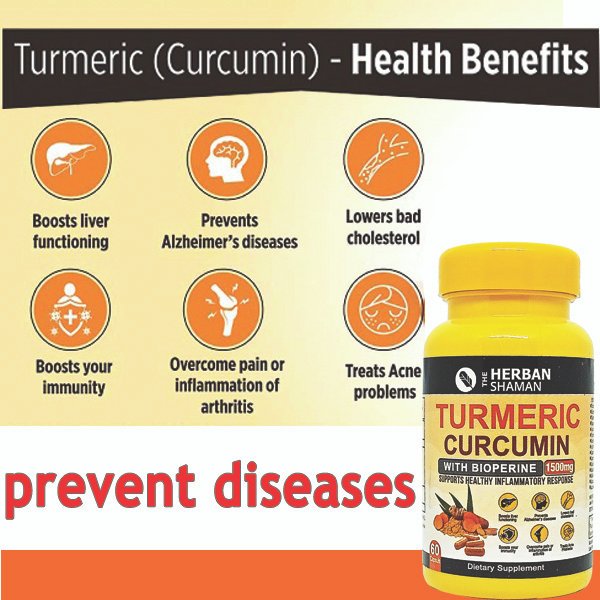
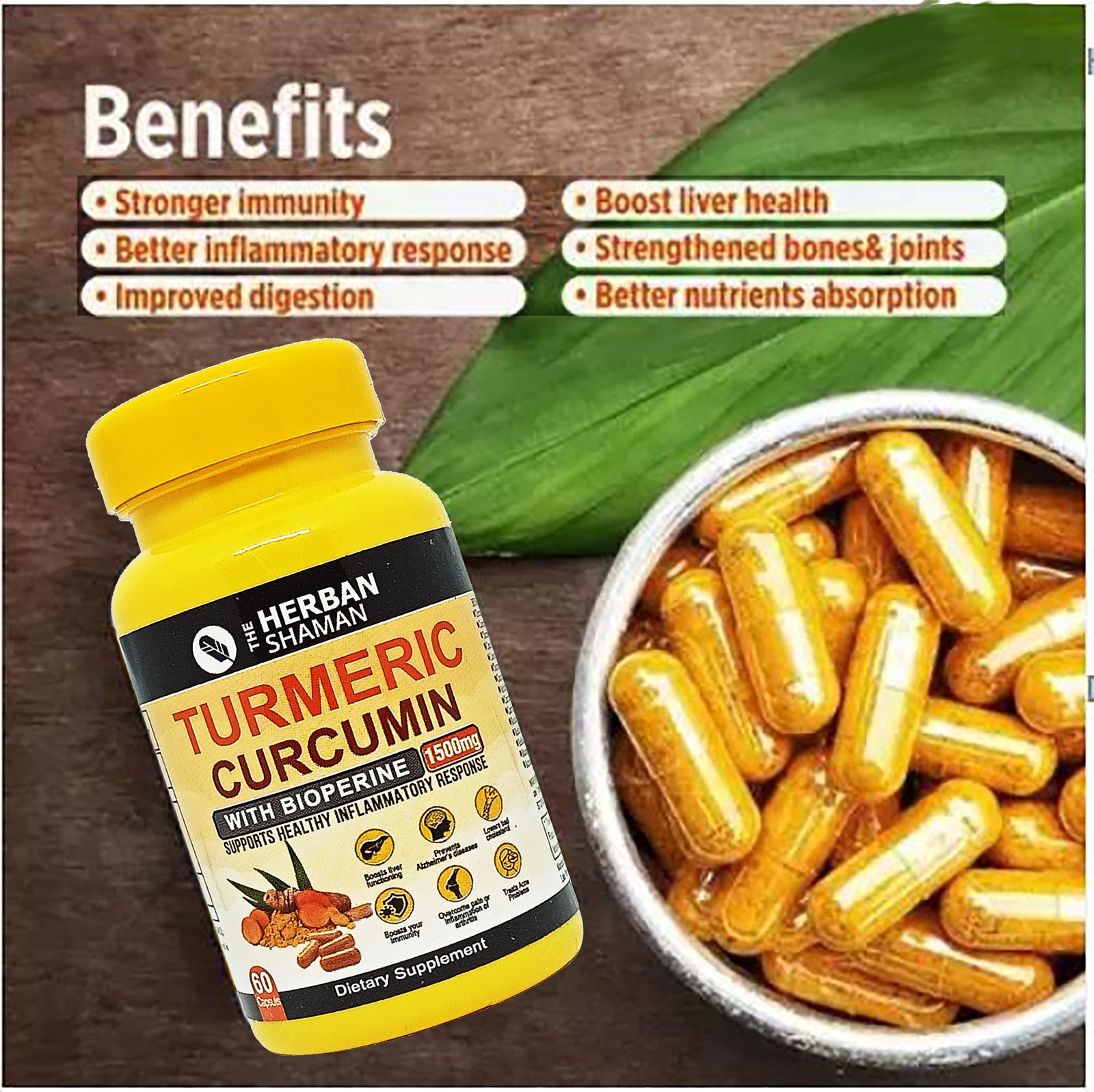
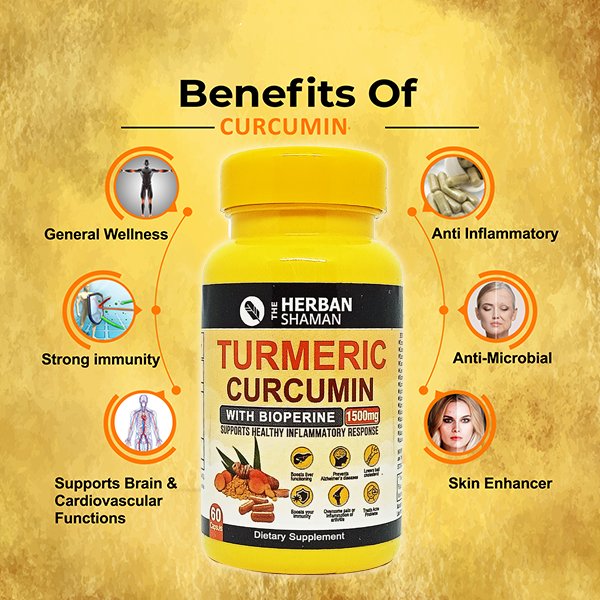
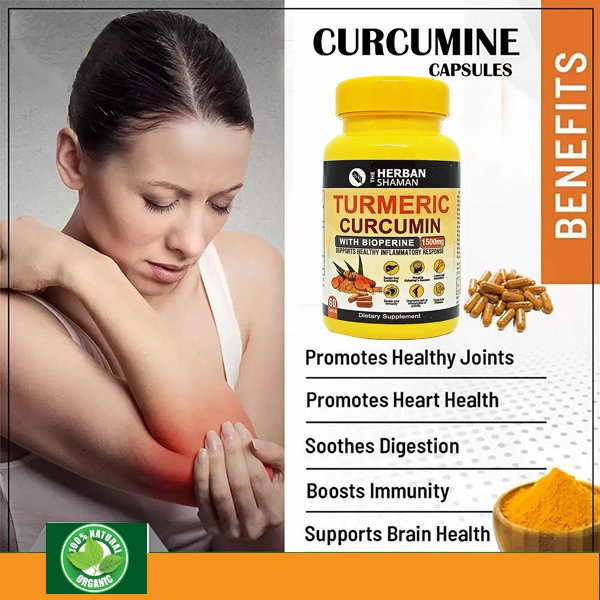
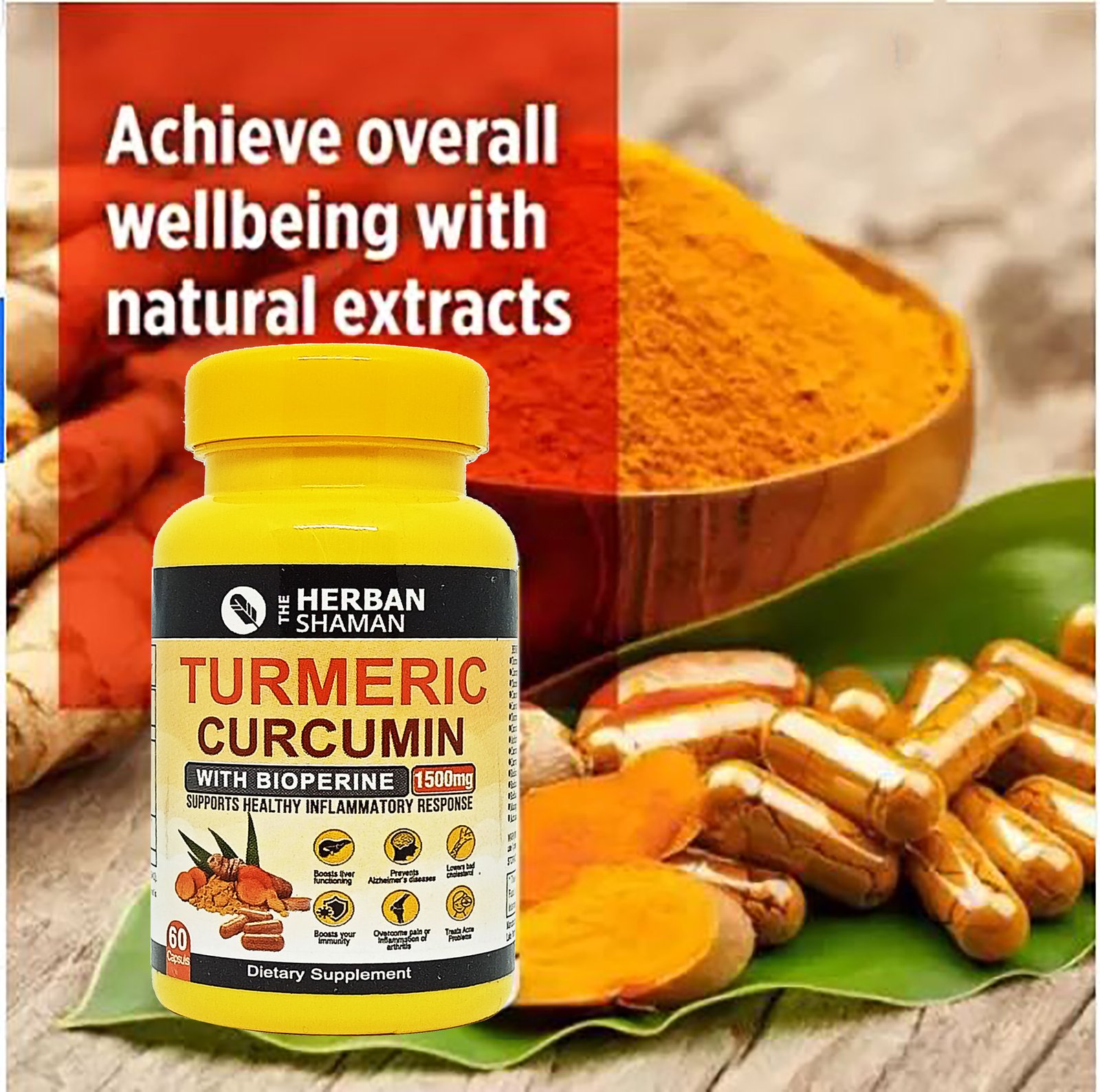
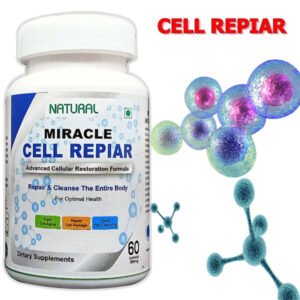


There are no reviews yet.